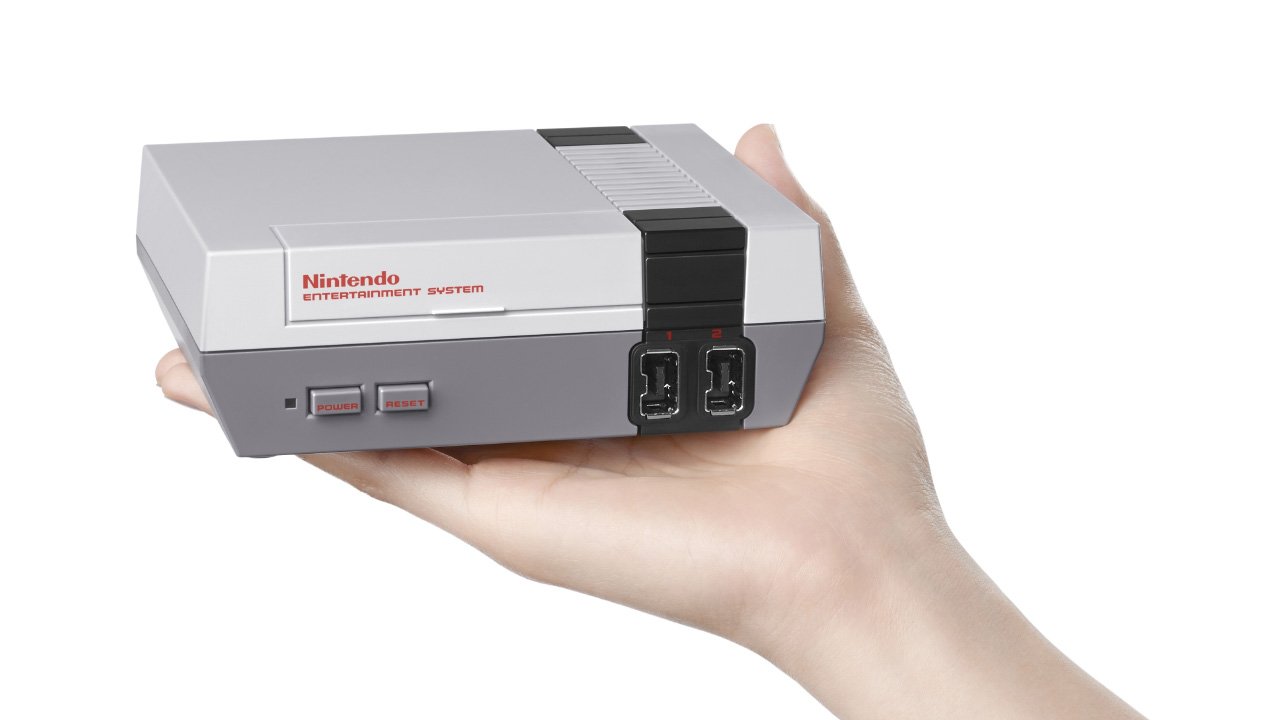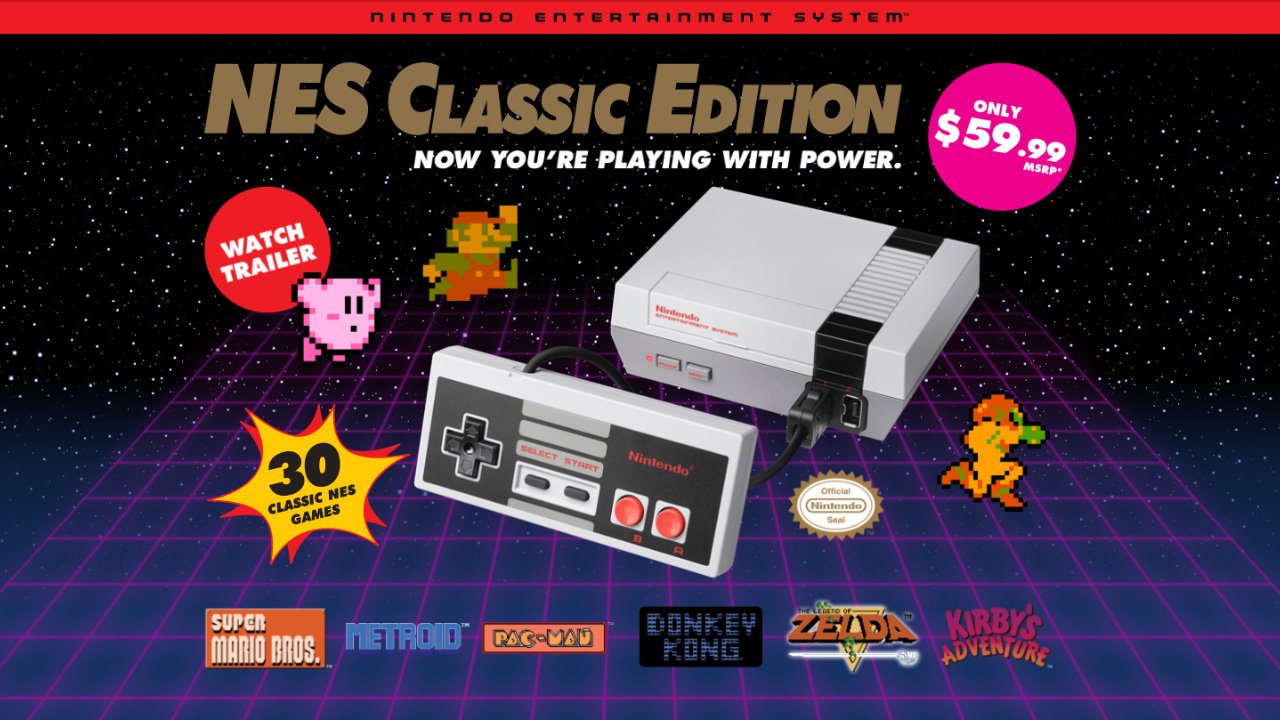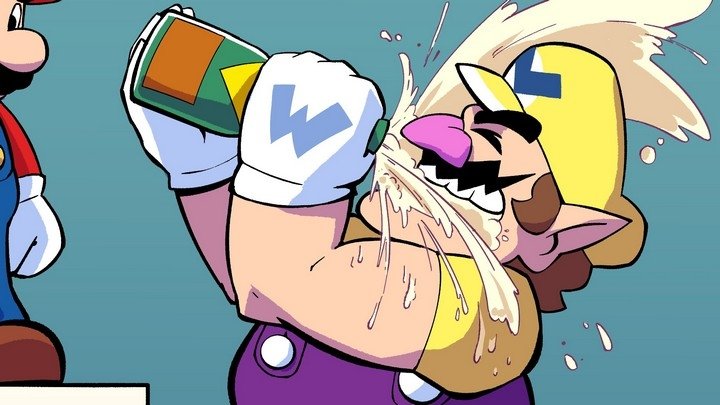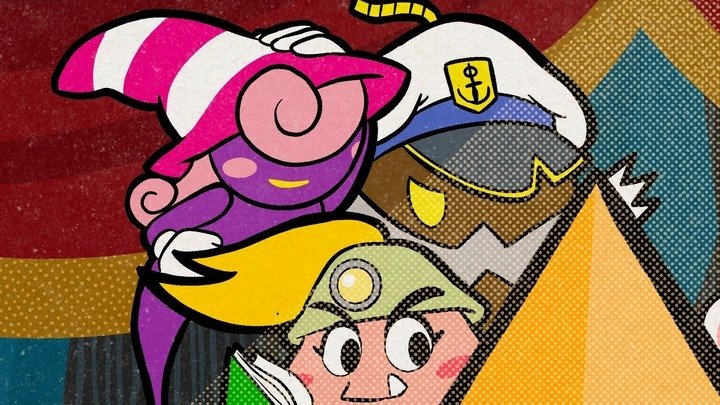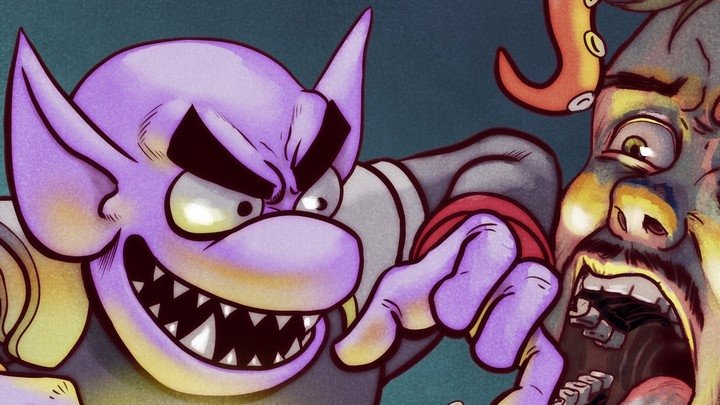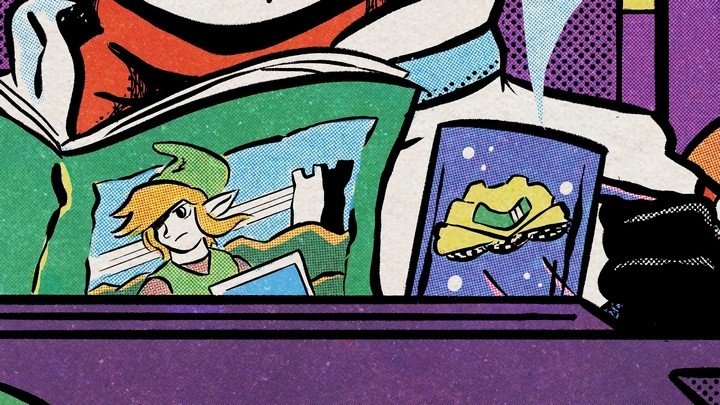Don't let hype happen to you
On July 14, 2016, Nintendo announced the NES Classic Edition, a replica NES pre-loaded with thirty games from that system's library. It was released worldwide throughout November 2016, and then, on April 13, 2017, Nintendo abruptly announced they were ceasing production. For many people, however, this living piece of gaming history might as well never have existed at all.
Fans reacted with immense enthusiasm to Nintendo's initial reveal. Some were simply eager to revisit some of their favorite games from their childhood—while others, now with children of their own, saw it as a perfect means of weaning the next generation on the classics. Getting decent audiovisual quality from the original hardware is no simple task on a modern display, and emulators and clone consoles, if they're accurate at all, still lack a certain authenticity. The Classic Edition embodied a more ideal solution: an official product from Nintendo, looking just like a miniaturized version of the real thing, with a curated collection of games built right in. Criticisms such as the lack of expandability for more games were rationalized with assurances that the target demographic wasn't so much the retro enthusiast but the multitudes of adults who casually experienced the NES back when it was synonymous with video games.
But the Classic Edition never reached such a wide audience. It didn't even satisfy the ranks of die-hard fans who were ready to open their wallets from the word "go." Demand was still through the roof when Nintendo pulled the plug last month, and much as been made of whether this was a strategic choice or a blunder and what it means for Nintendo's fortunes as it moves on. Not much has been said, though, of all the potential customers left in the lurch. To a large extent, their frustration is understood, taken as read—but it warrants some reflection, especially if it can be avoided in the future.
In the weeks leading up to the Classic Edition's release, retailers warned customers they were expecting shipments in quantities so limited they wouldn't even be accepting pre-orders. When November came, the situation was perhaps even worse than expected. Stores reported shipments of one or two systems at a time—first come, first serve. Online stores were slammed with activity as they sold out in seconds. It was not unlike Nintendo's Amiibo, which remained scarce for ages following their release in 2014. This was different, though. This was nostalgia at work. Again, some reasoned they had to do this for their kids. For Christmas! And so they hunted the Classic Edition with all the ferocity their own parents had pursued the red Power Ranger and the Tickle-Me Elmo twenty years prior.
For all but a lucky few, acquiring the Classic Edition required becoming obsessed with it. Determined shoppers had to remain ever vigilant for tips on stores getting stocked, competing not only with fellow hopefuls but also the scalpers looking to flip the hot item for an obscene premium over the sixty-dollar MSRP. Online, they had to try to out-click bots programmed to fill their shopping carts the instant a Classic Edition went up for sale. Maybe they would get lucky enough to Add to Cart and select their shipping address, only to be informed when they tried to pay that it was already gone. Maybe they would show up to Best Buy an hour before opening, only to see the last one go to someone who got there two hours before. If you run in retro circles, you've probably heard stories to this effect. This might even have been you.
Christmas came and went, but nothing changed. The mental labor necessary to obtain a simple luxury item wore on people through to April, their acrimony and contempt having long since eclipsed any enjoyment they might have derived from the item itself. Then, without warning, Nintendo closed the book on the NES Classic Edition. Thousands now find themselves at the end of a long journey with nothing to show for it. Cooler heads who decided to wait for demand to die down will probably be waiting forever. Scalper prices will continue to rise (eBay prices this morning hover around two hundred dollars at the lowest, with the more brazen sellers going as high as eight thousand).
Aside from the pundits guessing at the reasoning behind it all, Nintendo themselves have not done much to explain themselves. Company reps have stated in multiple interviews that it was always the plan to discontinue after the holiday season, which—whether it's true or not—rings awfully false when they never saw fit to mention this before and neglected to follow through until a quarter into 2017. Reggie Fils-Aimé vaguely alluded to Time that "we don't have unlimited resources," perhaps corroborating the theory that they killed the Classic Edition to manufacture more Switches. The lack of a reasonable excuse doesn't help, but for some, no explanation could really make up for the grief they've endured.
Some have declared this the "last straw" following any number of perceived boneheaded moves by Nintendo. While these jilted fans may not number enough to affect Nintendo's bottom line in the future, the evidence certainly shows there are a lot more of them than Nintendo anticipated when they kicked this whole thing off, and they shouldn't be discounted out of hand. Consider how Capcom is haunted by the negativity surrounding Street Fighter V's launch even as they continue to add to the game over a year later, or how Sega came out swinging with the Dreamcast but ultimately couldn't recover from losing fans' trust after the mismanaged 32X and Saturn. Bad PR can stick.
After all we've been through, though, we shouldn't come away from this worried for Nintendo's sake. We would do much better to be concerned for our own mental health as consumers. The sentiment of "shut up and take my money" stems naturally from our love for the medium, and nothing's wrong with that. But we're often too quick to buy into and propagate a culture of hype around products that don't even exist in our hands. "Never again" may in fact be the lesson here, as long as we understand the personal responsibility in learning it. As valid as it is to feel victimized by corporations when our expectations aren't met, the part we play in sales is, in this case, voluntary, and we can and should fight to resist the siren song of the marketing department. Nintendo is already rumored to unveil a Super NES Classic Edition later this year, and some of the same old marks have vowed to own one by any means necessary. As we've just seen, though, "any means necessary" can include a tremendous emotional cost.
So before this happens to you—and especially before this happens to you again—ask yourself if the product really matches the promise. Do you even want the product, or do you just want to be reminded of happier times? Do you really need to own that box with the blue-to-black gradient to enjoy the feeling it inspires? Like Buddha said, suffering stems from desire—especially desiring without receiving. Like Mom said, it's just stuff.

